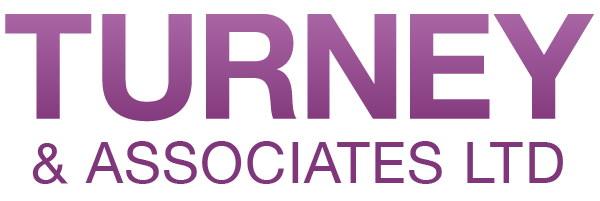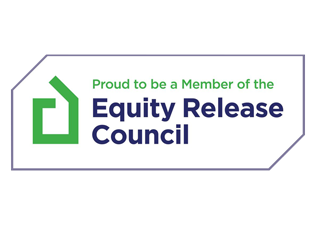
Insurance claims for damage caused by floods so far this winter will reach £1.3bn, the Association of British Insurers (ABI) has said for damage to homes, businesses and vehicles in Yorkshire, Lancashire, Cumbria in England and central and north-east Scotland.
Huw Evans, the ABI’s director general, when asked on the BBC’s Today programme[i] said that £1.3bn was “our estimate of the total cost, but clearly these numbers could change as future claims are made but this is broadly what we expect the cost to be for the damage caused by the storms of the last month”.
The ABI said that around £24m in emergency payments had already been paid to families and businesses. More than 3,000 families are now in alternative accommodation. Homes and business have made almost 15,000 claims as a consequence of the three storms.
Insurance advice for Flooding victims
Criticism of the reaction times of insurance companies during the UK’s 2007 floods has led to them to send out rapid response teams.
Householders hit by the storms and its aftermath have been told to stay safe, but to act to reduce risks of further damage or loss. This includes locking up unattended homes and keeping evidence of damage.
In Cumbria alone, 1000s of homes were evacuated or left without any power after being hit by Storm Desmond.
Some 25,000 flood and storm claims were made to insurers following the 2009 floods, with £174m paid out.
Advice from the British Insurance Brokers’ Association to those affected includes:
- Contact your home insurer for immediate advice on what to do next. In some cases an inspection of possessions will not be necessary.
- Make simple emergency repairs: If possible take photographs of the damage first and keep all quotes and receipts.
- Leave dangerous work, such as fixing the roof, to professionals
- Turn the power off, if safe, in a flooded home
- Ensure homes are safe& secure before leaving to prevent further loss
- Keep damaged items for evidence of a claim.
- Dispose of any items that are a health hazard, such as rotting food.
- List, as far as possible, details of damaged items.
- For items like carpets and soft furnishings, take a cutting as this can help your insurer in providing a similar replacement or cash payment.
Many business insurance policies cover damage to premises and stock, but loss of trading owing to interruption is usually only covered if firms have paid an extra premium as an add-on to their policy.
The Department for Environmental, Food & Rural Affairs have published a guide[ii] to those living in high flood risk areas who requiring flood insurance.
Many of these particular householders are worried about high premiums, high excesses and how difficult it will be to get insurance for their property.
It is planned that in April a new scheme, known as Flood Re, has been agreed between the government and insurance industry[iii].
Under the scheme, residential homeowners in areas with the highest flood risks should be able to compare the market for insurance, because the extra risk involved will be passed from the insurer to an industry body, called Flood Re, which is sponsored by the government.
Individual insurers will select which properties are deemed suitable for the scheme.
Businesses, including landlords, are not covered by the programme.
Brendan McCafferty, chief executive of Flood Re, said he expected insurers to be more likely to use the system now, with the latest flooding impact coming so close to the launch date.
There is an issue for those whose insurance renewal is due before April.
Mr McCafferty said these householders might decide that cancelling an existing policy a few months into the year (possibly incurring a charge) – and then taking out a new policy elsewhere for a new deal, would be more cost effective once the system was operating.
[i] http://www.bbc.co.uk/news/business-35277668
[ii] https://www.gov.uk/government/uploads/system/uploads/attachment_data/file/69578/pb13082-flood-insurance.pdf
[iii] http://www.floodre.co.uk/






